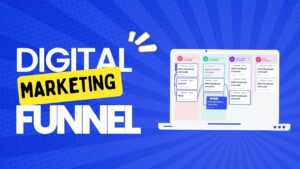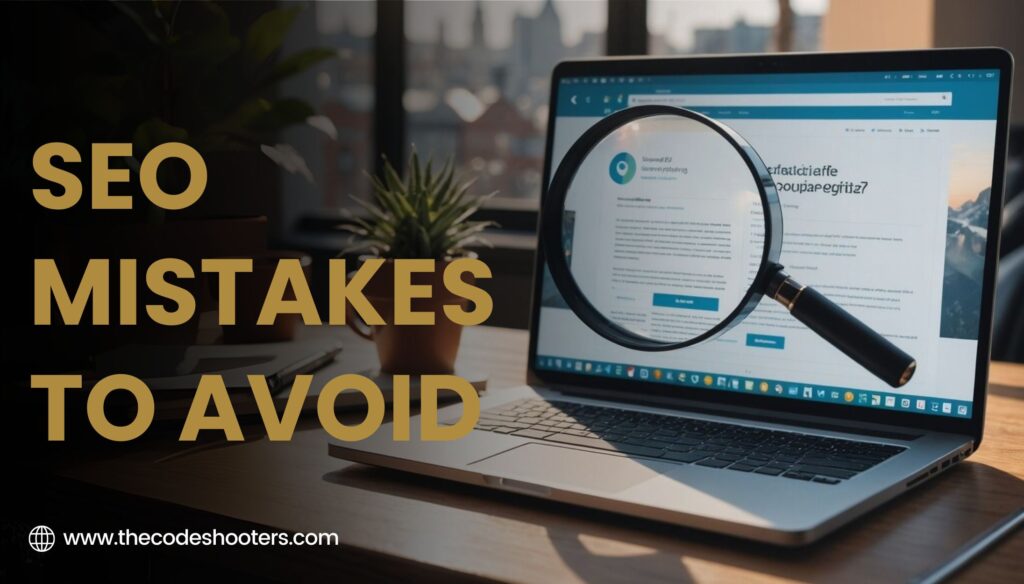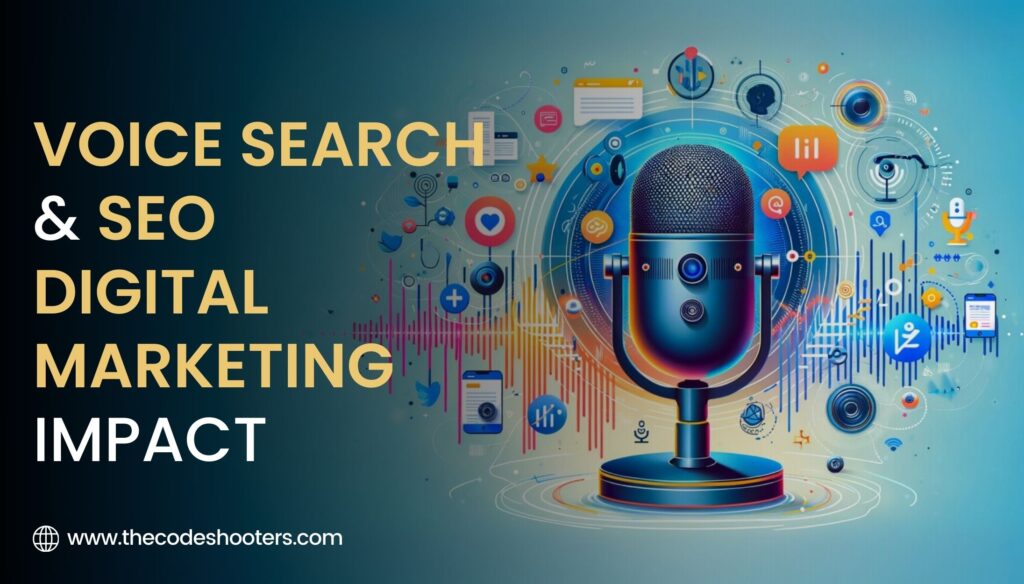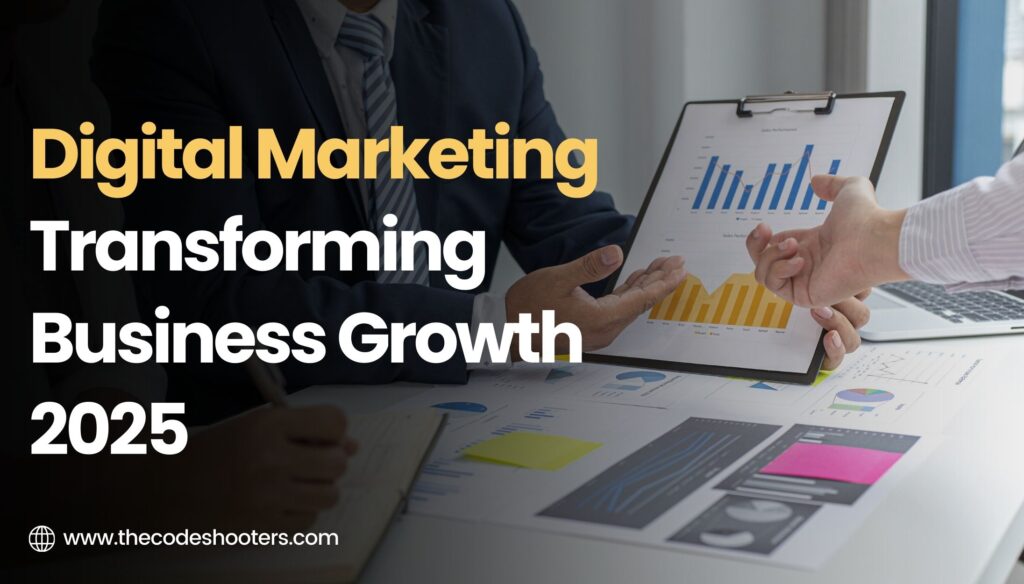That system is called a Digital Marketing Funnel.
What is a Digital Marketing Funnel?
A digital marketing funnel is a structured process that shows how a person moves from:
- First seeing your brand
- Becoming interested
- Finally making a purchase
It’s called a “funnel” because many people may enter at the top (awareness), but only a few make it through to the bottom (sale). The funnel helps organize your marketing efforts at each stage to guide users toward conversion.
Stages of the Digital Marketing Funnel
1. Awareness (Top of Funnel)
This is the stage where people discover your business for the first time through:
- Google search
- Social media posts
- Online advertisements
- YouTube videos
Goal: Make people aware that your business exists.
2. Interest
Now that people know about you, the next step is to engage them with value. This can be done by offering:
- Blog articles
- Free guides or PDFs
- Email newsletters
- Webinars or how-to videos
Goal: Build trust and keep them interested in what you offer.
3. Consideration
At this stage, potential customers are comparing your brand to others. They’re asking: “Should I choose this business or another one?” To help them decide, show:
- Customer reviews
- Product demos
- Success stories
Goal: Prove why your solution is the best option.
4. Conversion (Bottom of Funnel)
Now the lead is ready to take action. This is your chance to close the sale. Encourage action with:
- A clear offer
- Strong call-to-action (CTA)
- Limited-time discounts or promotions
Goal: Turn their interest into a sale.

5. Loyalty & Advocacy
After someone becomes a customer, the journey doesn’t end. In fact, this is where long-term business growth begins. Keep customers engaged through:
- Thank-you emails
- Feedback and reviews
- Loyalty rewards
- Referral incentives
Goal: Turn one-time buyers into repeat customers and brand promoters.
Why is the Funnel So Important?
A digital marketing funnel helps you:
- Understand what your customer needs at each stage
- Create targeted content that matches their intent
- Reduce marketing waste and improve return on investment
- Build lasting relationships instead of just making one-time sales
It gives structure to your digital marketing efforts and keeps your strategies customer-focused.
Tools to Manage Your Marketing Funnel
To manage and optimize your funnel effectively, businesses use tools such as:
- Google Analytics – to track user behavior and engagement
- Mailchimp or ActiveCampaign – for email marketing automation
- HubSpot or Zoho CRM – for managing leads and customer data
- Canva or Notion – for creating visual content and resources
These tools help improve each stage of the funnel by making it more measurable and efficient.
Conclusion
A well-planned digital marketing funnel turns website visitors into loyal customers by guiding them through each phase of the buyer’s journey — from awareness to interest, consideration to conversion, and ultimately to loyalty.
By understanding your audience’s needs and delivering value at every stage, you build trust, generate sales, and create a business that grows consistently in the digital world.



